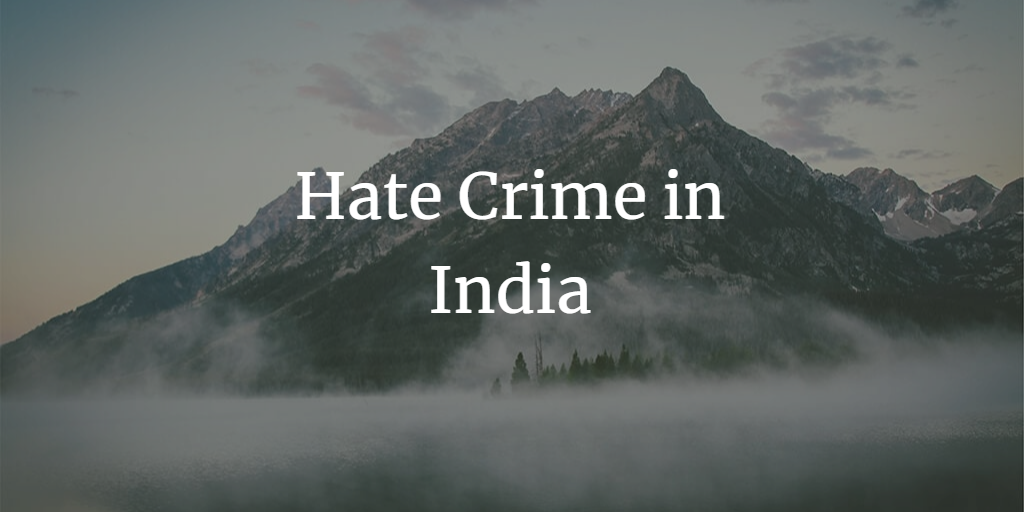Hate Crime in India: Understanding the Menace and Ways to Combat It

Table of Contents
Introduction
Factors Contributing to Hate Crimes in India
Laws and Regulations to Combat Hate Crimes
The Role of Law Enforcement and Judiciary
Preventive Measures and Community Initiatives
Conclusion
1. Introduction
Hate crime is a disturbing and growing phenomenon in India, with incidents targeting individuals or groups based on their religion, caste, ethnicity, or other identifying factors. This blog post aims to explore the factors contributing to hate crimes in India, the existing legal framework addressing such issues, and the potential measures to mitigate and prevent these incidents from occurring in the future.
2. Factors Contributing to Hate Crimes in India
There are several factors that contribute to the prevalence of hate crimes in India, including:
Deep-rooted prejudices and social divides
Political polarization and use of hate speech
Misinformation and fake news on social media
Lack of awareness about the consequences of hate crimes
3. Laws and Regulations to Combat Hate Crimes
While India does not have specific hate crime legislation, several provisions in the Indian Penal Code (IPC) address crimes motivated by hatred, such as promoting enmity between groups and causing harm to individuals based on their identity. The government must ensure strict enforcement of these laws and consider the introduction of more comprehensive hate crime legislation.
4. The Role of Law Enforcement and Judiciary
Law enforcement agencies and the judiciary play a crucial role in addressing hate crimes. They must be adequately trained and sensitized to identify and handle such cases effectively. Swift and impartial investigation and prosecution of hate crime incidents can serve as a deterrent and help build public trust in the system.
5. Preventive Measures and Community Initiatives
Prevention is key in addressing hate crimes, and this can be achieved through various measures, including:
Implementing awareness campaigns and educational programs to promote tolerance and understanding
Encouraging dialogue and communication between different communities
Addressing the spread of misinformation and fake news on social media
Supporting community-based initiatives that promote harmony and inclusivity
6. Conclusion
Hate crimes pose a significant challenge to India's social fabric and democratic values. While legal provisions and law enforcement play a crucial role in addressing this issue, it is essential to recognize the importance of preventive measures and community initiatives to foster tolerance, understanding, and harmony. By working together, we can create a more inclusive and just society, free from the menace of hate crimes.


